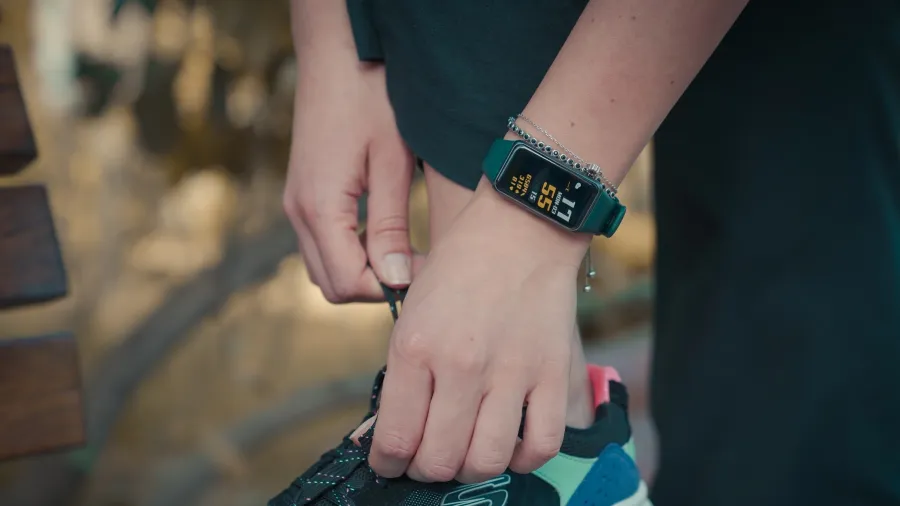
People expect digital health solutions to be free; Value-add is key to monetisation
Consumers are more willing to pay for prescribed health apps.
Businesses have to be creative in adding value to their digital health services as most consumers expect these solutions to be free, according to global innovation service provider Zühlke.
Its Digital Health Study 2023 showed the majority or 56% of the respondents in Germany, the UK, Austria, and Switzerland said they would not pay for a health app and just over a third of the people would consider paying for a monthly fee.
More consumers are more willing to spend for prescribed apps or those paid for by a healthcare provider or other payer, with about 60% of participants saying so.
The younger population also seems to be more willing to spend on these digital solutions with 32% of the respondents under 40 saying they can shell out over 20 EUR/CHF/GBP per month for a health app.
“Even if people expect new solutions to be free, it’s not impossible to establish affiliate programmes, commission fees or subscription models for digital health solutions,” Zühlke said. “To do so, these solutions must provide added value to the customers that they don’t get for free.”
It said properly communicating the added value to the public is also important for effective monetisation.
Results of the survey revealed 58% said they hope to improve their current health situation especially those below 40 year old, signalling a growing public health literacy among the younger generation.
A little over half are monitoring their health in various ways but fitness trackers are more popular among the younger population (71%). Most patients (81%) are also willing to share their data under the right circumstances, the findings showed.
“Users, particularly from younger generations, are becoming more aware of the power of health data. But they also know how valuable it is to third parties – and need to trust that it is managed well,” Zühlke said.
The survey polled 3,200 participants from April to May across the four countries in Europe.



















 Advertise
Advertise






